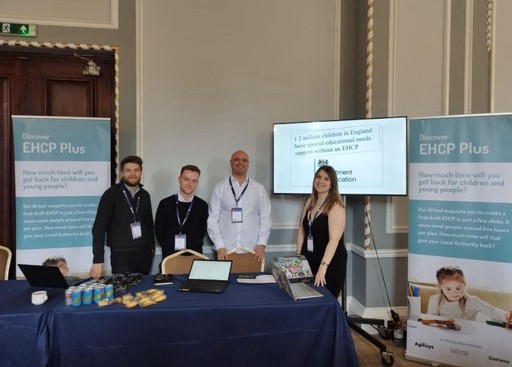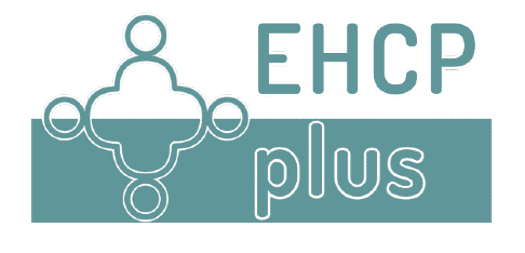Oct 21, 2024
LGAi.uk EHCP Plus Deep Dive
Recently, we held an in-depth session on the Educational Health Care Plan (EHCP) process, focusing on how artificial intelligence (AI) can transform the way services are delivered to children and young people with Special Educational Needs and Disabilities (SEND).
Recently, we held an in-depth session on the Educational Health Care Plan (EHCP) process, focusing on how artificial intelligence (AI) can transform the way services are delivered to children and young people with Special Educational Needs and Disabilities (SEND). Experts from various fields joined us to explore the challenges we’re facing and how AI solutions, particularly EHCP Plus, can provide valuable support.
Here are the top five things we discussed:
1. The Rising Demand and Complexity in SEND Services
The demand for SEND services has skyrocketed, leading to significant delays in EHCP requests. We discussed how this growing demand is accompanied by a projected £3.6 billion funding gap by next year. Many caseworkers are unable to complete their tasks during normal working hours, which has created pressure across the system. Technology, like EHCP Plus, was highlighted as a way to help tackle these issues and improve the efficiency and effectiveness of services.
2. How AI Can Improve the EHCP Process
One of the main discussions was around the use of AI in EHCP processes. EHCP Plus, which drafts 80% of a plan in just minutes, can save significant time. By automating routine tasks, it enables caseworkers to focus on supporting families and improving outcomes for children and young people, rather than getting caught up in administration.
3. User-Centred Design for Real Impact
A key part of our conversation was the importance of designing technology with the user in mind. EHCP Plus has been developed in close collaboration with SEND professionals, ensuring it addresses the actual needs and challenges they face. It’s flexible, allowing local authorities to fit it into their existing systems, and it adapts to new requirements as they emerge.
4. Support for Change and Smooth Adoption
Introducing new technology can be a challenge, especially when staff are already stretched. That’s why we discussed how EHCP Plus offers a phased rollout, with free trials, dedicated onboarding support, and ongoing assistance to help local authorities integrate it into their processes without disruption.
5. Ensuring Transparency and Accountability
One of the standout features of EHCP Plus is its ability to track the source of information used in plans, ensuring transparency and accountability. This is essential in processes like EHCPs, where accuracy and clear records are critical. The platform’s secure design also ensures compliance with data protection standards.
And here are the top 3 questions we were asked:
1. Can EHCP Plus be phased in while staff are under pressure?
Yes, EHCP Plus can be rolled out gradually. Piloting it with a small group of caseworkers allows them to experience the benefits and builds trust in the technology before expanding it across the team.
2. What’s the plan for future development?
The development of EHCP Plus will be guided by feedback from local authorities. Future plans include extending its capabilities to cover annual reviews and incorporating features like predictive analytics to help with long-term planning and reducing complaints.
3. How will EHCP Plus support annual reviews?
This is an area for future development. The aim is to make the annual review process more efficient, just as EHCP Plus has done for the initial EHCP process, further reducing administrative workloads.
In summary, our deep dive reinforced the idea that AI, through tools like EHCP Plus, can play a critical role in addressing the growing challenges faced by SEND services. By focusing on user needs, providing strong support during implementation, and ensuring transparency, EHCP Plus can help caseworkers deliver better outcomes for children and young people.






